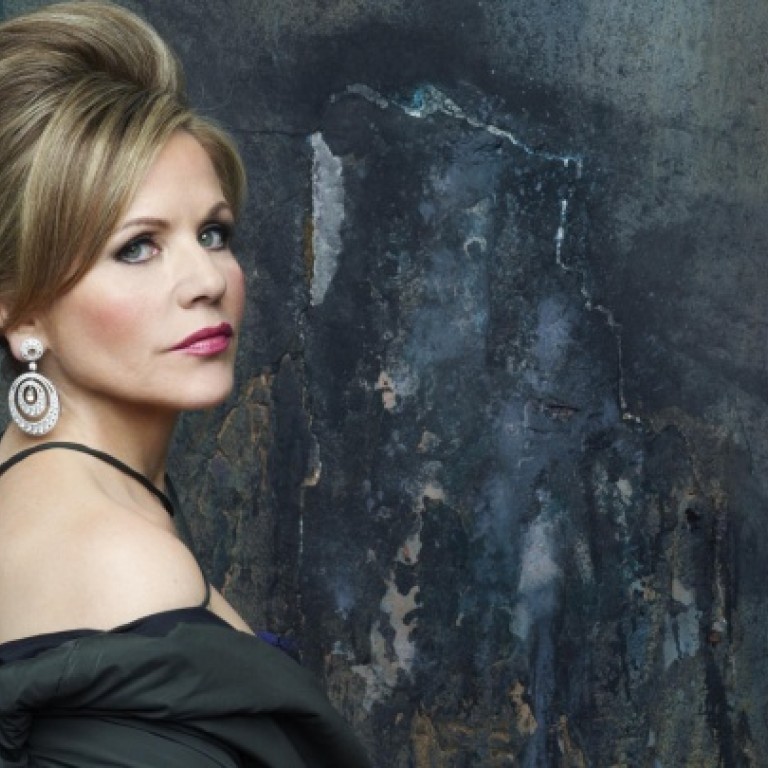
Review: Some flaws, but a lustrous performance by soprano Renee Fleming
American soprano Renée Fleming commands a significant international following, and with good reason. She has both a voluptuous voice that can swallow all in its path and a girl-next-door charm when she speaks to the audience.
American soprano Renée Fleming commands a significant international following, and with good reason. She has both a voluptuous voice that can swallow all in its path and a girl-next-door charm when she speaks to the audience.
Her singing, personality and customised bling can illuminate a hall, which is how she lifted people to their feet at Thursday's recital.
The programme was a relaxed patchwork affair that ended where Fleming is at her most magnetic: a diva reaching the rafters in three early 20th-century showpieces by Cilea, Refice and Zandonai, topped by encores that included an ultra-cool and an invitation for everyone to join in the refrain of .
She was equally at home with songs from the shows, pulling unscripted notes during Rodgers and Hammerstein's and before a beautifully modulated , when her lower register started to take on a welcome variety of colour.
Three of Canteloube's were given a complete makeover in timbre to clinch the sultry mood, but it did seem unnecessary to take a microphone break before the second song to read a translation of the text - when it was already in the programme.
In the first half of the recital, Fleming tended to over-sell the ripe side of her lower notes. This included three songs by Richard Strauss, the composer with whom she is most widely associated. It was Hartmut Höll's piano accompaniments, however, that caught the ear.
"Joy's speechless silence …", the final words of (Tomorrow!), is a difficult emotion to convey, but Höll's introduction nailed it beautifully. His artistry could have been given more prominence during the set of Debussy songs on verses by Verlaine, particularly in . Fleming's handling of the French texts was surprisingly lax, with words either mispronounced or poorly articulated.
Four arias from oratorios by Handel opened the programme. While they had their moments, some shaky intonation in and imprecise ensemble with the piano during were not among them. Two hours later, however, such blemishes had been happily forgotten.
